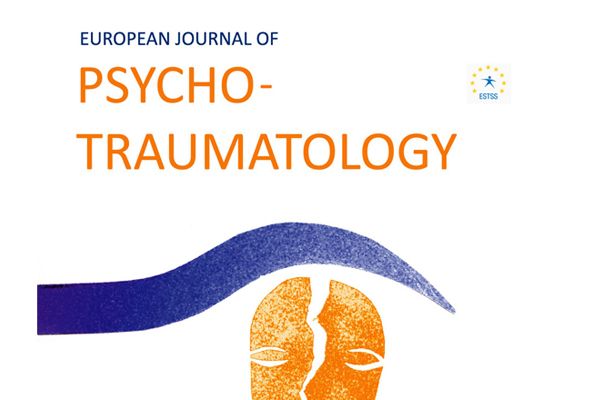4 januari 2021
European Journal of Psychotraumatology
Iris M. Steine,Brittany Nielsen, Patricia A. Porter, John H. Krystal, Dagfinn Winje, Janne Grønli, Anne Marita Milde, Bjørn Bjorvatn, Inger Hilde Nordhus & Ståle Pallesen
https://doi.org/10.1080/20008198.2020.1815282
Abstract
Background: Childhood sexual abuse (CSA) is a well-established risk factor for non-suicidal self-injury (NSSI) and suicide attempts (SA); still few studies have examined predictors of individual differences in NSSI/SA amongst CSA survivors.
Objective: To examine predictors of NSSI and SA among adult CSA-survivors.
Methods: In a sample of 516, primarily female adult CSA-survivors recruited from support centres for sexual abuse survivors in Norway, we examined the role of abuse/perpetrator characteristics, and the degree/severity of exposure to other types of childhood maltreatment (cumulative childhood maltreatment; CCM), as predictors of lifetime NSSI and SA. In a subsample of 138 individuals responding to follow-up waves two- and four years later, these same distal factors, as well as previous NSSI and proximal factors in the form of symptoms of mental health disorders (posttraumatic stress, anxiety, depression, sleep disturbances, and eating disorders), relational problems, and perceived social support, were examined as predictors of persistent NSSI. Finally, those attempting new SA during the follow-up period were compared to those who did not on these variables.
Results: Higher CCM scores and having had an unknown perpetrator positively predicted lifetime NSSI scores. Higher CCM scores, violent abuse, and having had an unknown perpetrator predicted lifetime SA. Higher CCM scores, previous NSSI, having had a known perpetrator, as well as higher depression-, anxiety- and eating disorder scores, positively predicted persistent NSSI during the four-year follow-up period. Compared to those with no new SA, those reporting new SA during the follow-up period had higher CCM, lifetime NSSI, mental health symptoms and relational problem scores, lower perceived social support scores, and were more likely to have done a past SA and to have experienced abuse involving physical violence.
Conclusions: A broad range of both distal and proximal factors should be assessed as potential predictors of NSSI and SA among adult CSA-survivors.

Het European Journal of Psychotraumatology (EJPT) is een peer-reviewed, interdisciplinair wetenschappelijk tijdschrift dat deel uitmaakt van de European Society for Traumatic Stress Studies (ESTSS).
Het EJPT heeft als doel om wetenschappers, behandelaren en experts te betrekken bij de belangrijkste vraagstukken rond stress en trauma, waaronder individuele gebeurtenissen, herhaalde of chronische trauma's, grootschalige rampen en geweld.

